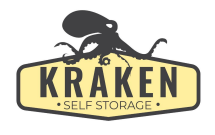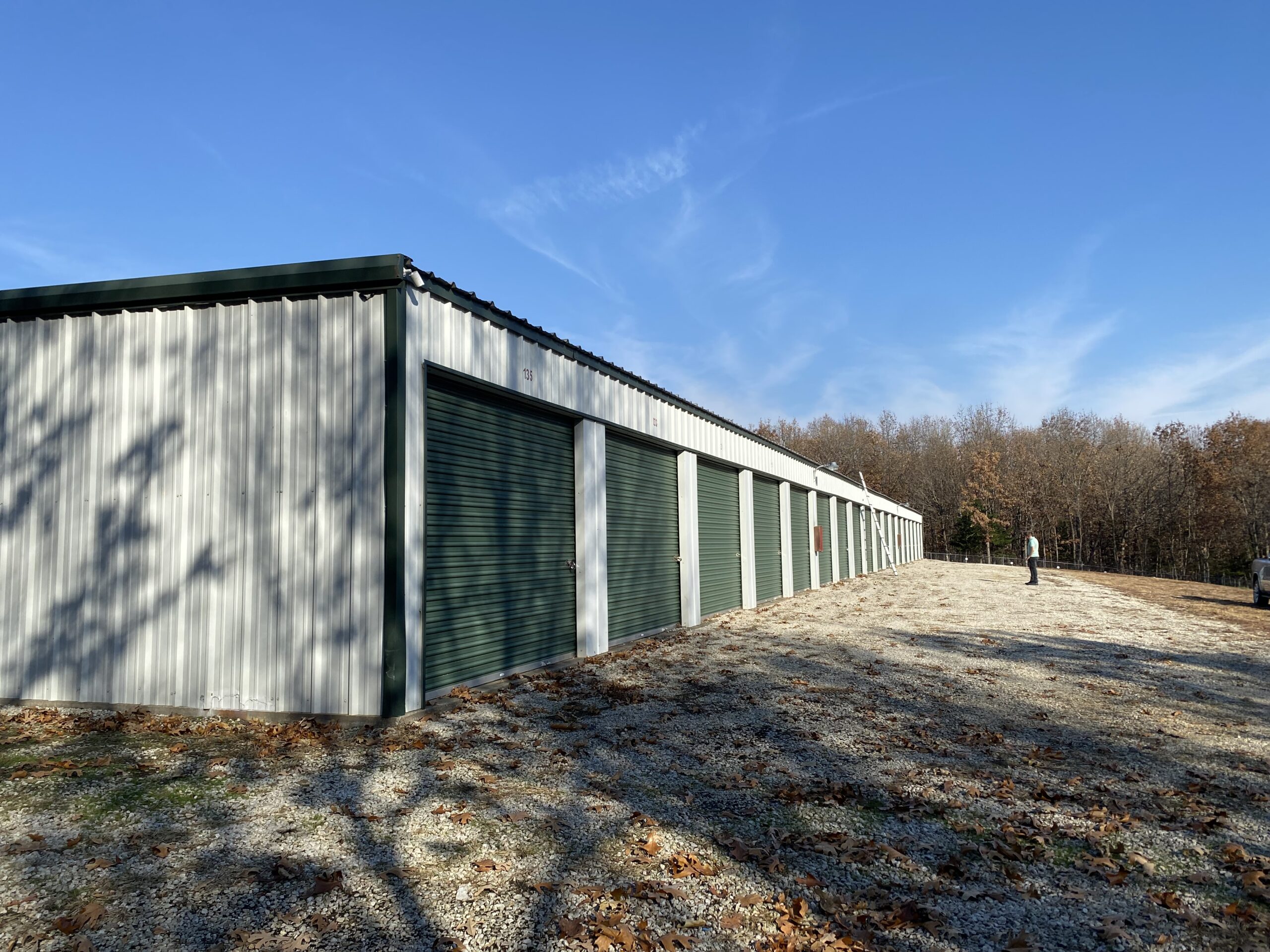- Steady Income: Self-storage facilities tend to provide a reliable and steady stream of income. Unlike other real estate investments, self-storage units generate regular monthly rental income without the need for extensive maintenance or frequent turnover of tenants.
- Recession Resilience: Self-storage is known for its resilience during economic downturns. During periods of recession or financial instability, people often downsize their homes or seek temporary storage solutions. This creates a consistent demand for self-storage units, making it a recession-resistant investment.
- Limited Competition: Compared to other types of real estate investments, the self-storage market generally has lower competition. The cost and complexity of building new facilities act as barriers to entry for potential competitors. This limited competition can provide a relatively stable market environment for investors.
- High Occupancy Rates: Well-located and well-managed self-storage facilities tend to maintain high occupancy rates. People are continually in need of extra space to store their belongings due to various life events such as moving, downsizing, or decluttering. This demand ensures a consistent flow of tenants, minimizing vacancy risks.
- Cash Flow and ROI: Self-storage investments can offer attractive cash flow and return on investment (ROI). With proper management and a solid business plan, investors can generate a healthy income from rental fees, resulting in strong cash flow. Additionally, the capitalization rates in the self-storage industry can be higher compared to other real estate sectors, enhancing ROI potential.
- Lower Maintenance Costs: Self-storage facilities typically have lower maintenance costs compared to other real estate assets. The units are generally simple structures with minimal utilities, reducing the need for ongoing repairs and maintenance. This cost advantage can contribute to higher net operating income and improved profitability.
- Scalability and Flexibility: Investing in self-storage offers scalability and flexibility. As demand increases, you can expand your facility by adding more units or even acquiring additional properties. Self-storage investments provide the opportunity to grow your portfolio and increase your income potential over time.
- Diverse Tenant Base: Self-storage attracts a wide range of tenants, including individuals, households, businesses, and even students. This diversification minimizes the reliance on a single tenant type, spreading the risk across different market segments and increasing the stability of your investment.
- Tax Benefits: Like other real estate investments, self-storage can provide various tax advantages. Depreciation deductions, property tax deductions, and the ability to defer capital gains through 1031 exchanges are some of the tax benefits associated with self-storage investing. Consult with a tax professional to understand the specific tax advantages applicable to your situation.
- Potential for Value-Add Opportunities: In the self-storage industry, there are often opportunities to increase the value of a property through effective management and operational improvements. Implementing marketing strategies, improving security features, optimizing rental rates, or enhancing the overall customer experience can help maximize the income potential and property value.
It’s important to conduct thorough research, due diligence, and consult with real estate professionals or financial advisors before making any investment decisions. The self-storage market can vary based on location and local market conditions, so it’s crucial to evaluate specific opportunities carefully.

